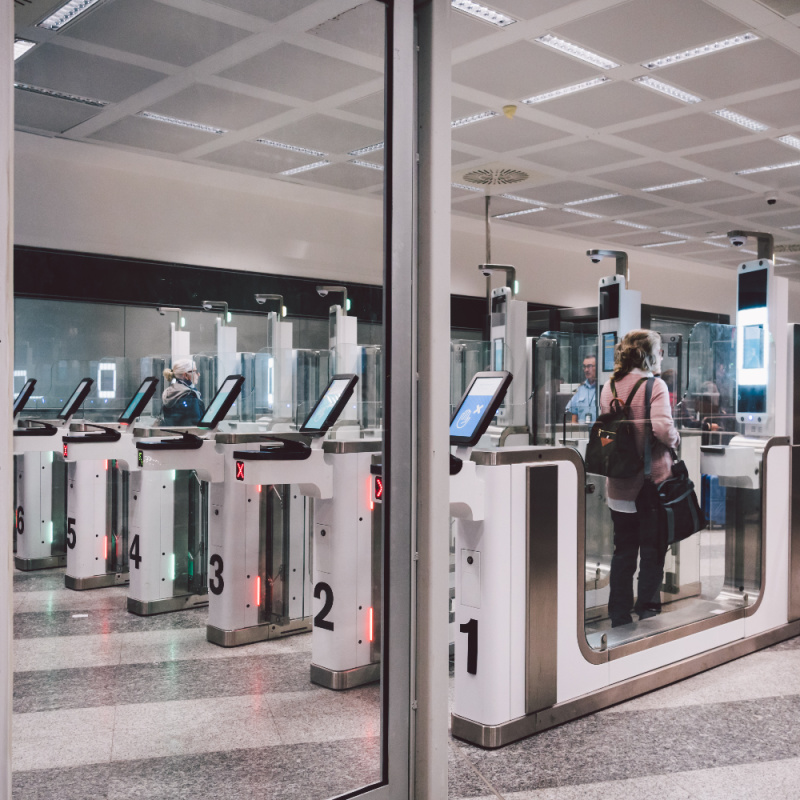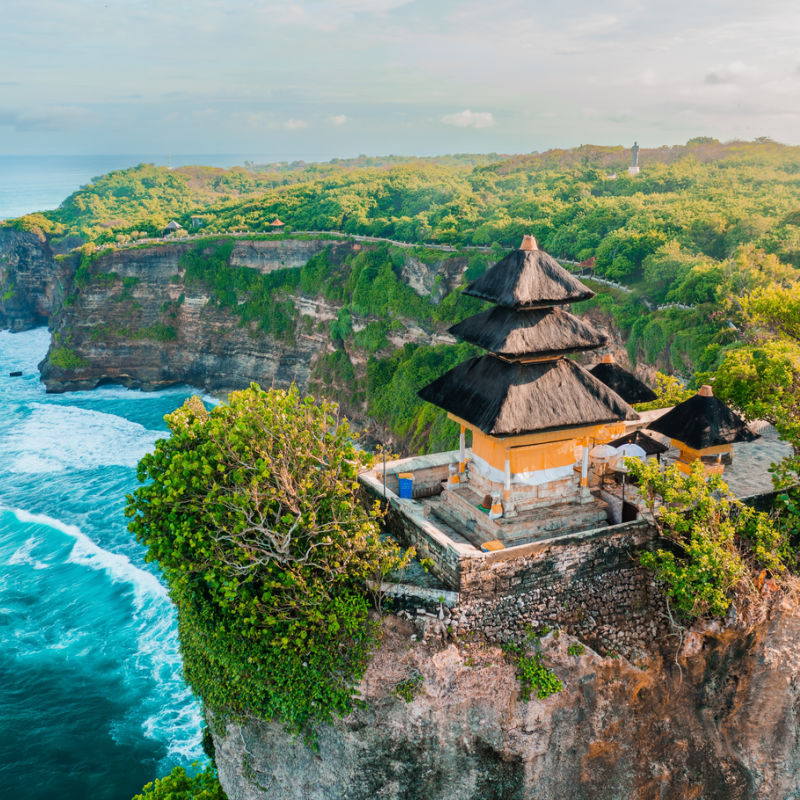Share this article
A change may be about to occur in the way Bali’s tourism sector operates.
As island leaders rack their brains to find better ways to create more culturally respectful and sustainable tourism and curb over-development on the island, some big ideas have been proposed.


Key tourism industry leaders gathered in Denpasar this week for an event called “Now is the time to talk”.
The event took the form of a roundtable discussion chaired by a representative from the Indonesian Association of Travel Agents (ASITA), bringing together stakeholders from all sectors of the tourism sector to discuss what can be done to ensure the island’s tourism sector can best serve tourists while preserving local culture, communities and the environment.
ASITA representatives wanted to discuss the principles of introducing “One Island Management” where all tourism legislation, tourism development and tourism management would be run under one central system.
Academics and local leaders say one of the reasons Bali is undergoing a massive development boom that many feel is damaging the local culture and environment is that licenses and permits for building hotels, resorts, villas and other tourist attractions are all controlled by different agencies.
Some permits are issued by state governments, others by the central government and some by district governments.
It has become evident that permits, clearances and licences issued by different agencies are not always cross-referenced before issuance, which can cause spatial planning issues on the ground.
Some academics and tourism leaders have called for Bali to be recognised as a special tourist zone, which would give the provincial government more power to control what does or doesn’t happen on the island in terms of tourism development.
ASITA Bali representative told the gathered stakeholders, “Our view as the tourism industry is clearly in support of Special Tourism Autonomy. If it is implemented, it will change the governance of Bali. So it is not just Badung that is making progress. Let economic balance be well achieved. This is something that policy makers and party leaders also need to take into consideration.”
For over a decade, most of Bali’s tourism development has been focused in Badung regency, with resort areas such as Kuta, Legian, Seminyak, Canggu, Uluwatu and Nusa Dua all booming.
This has some stakeholders growing increasingly concerned that economic and infrastructure development opportunities are being missed in the state’s eight other regions.
Also attending the event was Bali I Gusti Ngurah Rai Airport general manager Handy Heruditiawan, who said the island is still feeling the economic impact of the pandemic and there is still work to be done for Bali’s economy to fully recover.
He would like more support for the expansion of immigration services and operations at Ngurah Rai International Airport to boost tourism numbers to the island.
Herudityawan said: [the economy] “Tourism is the world’s largest industry, so we need to be aware that competition in the global tourism industry is very fierce.”
He noted that Bali Airport has the second-busiest passenger numbers in the country after Jakarta, but Bali still sees more international flights.
“You can imagine 38,000 to 39,000 people coming in and out a day. In fact, the airport is also focused on international passengers. We are building immigration support from 2023 onwards and have invested in 30 automated gate units to support tourism development,” explained Heridityawan.


ASITA representative, Semarjaya Linggi, spoke about the importance of ensuring that the newly introduced Bali Tourism Tax is effectively utilised for the benefit of local culture and the community.
He would like to see the funds used to promote cultural tourism island-wide and spread tourism more evenly across the state to prevent uneven development.


“The reason why I say this is urgent is because by balancing these conditions, we can maintain Bali’s culture as a number one tourist destination. In the long run, Bali’s autonomy should be with the province so that there can be equality and justice. Only then can there be justice. Soon, a map of the struggle for autonomy in the province will be drawn,” said Linggi.


There will be no immediate changes in how Bali’s tourism sector is managed, but with these increasingly active dialogues between tourism industry leaders, political leaders and local communities and a new government about to be sworn in, it’s clear that Bali is entering a new chapter in tourism and more.


